Since the 7 October attacks and the ensuing war on Gaza, the region has become more volatile than it has been in decades. The war is the latest escalation in the Palestinian-Israeli conflict, which has raged on for almost 70 years.
One smaller piece in this wider multifaceted conflict is the Arab-Israelis, also known regionally as the ‘48 Arabs, and the role that they play in shaping Israeli politics.
The Arab-Israeli population is largely composed of Palestinians who remained in Israel following the nakba, Arabic for catastrophe, which saw the expulsion of 700,000 Palestinians from modern-day Israel following the Arab-Israeli 1948 war. Only 150,000 Palestinians remained in Israel and later received Israeli citizenship.
Following the Arab forces’ defeat, Arab-Israelis were placed under martial law as they were perceived as a potential threat, unlike the Jewish citizens of Israel.
This ended in 1966-1968, as many felt that interior security was achieved and subjugating Arab-Israelis was damaging Israel’s reputation in the West.
Israel’s Ethnic Makeup
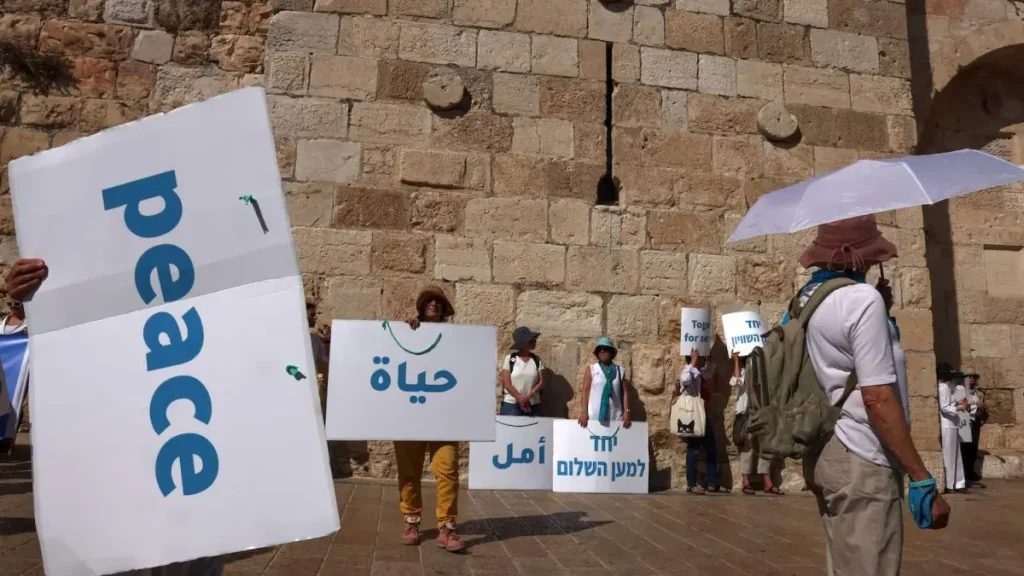
Today, Arab-Israelis now number over two million, and they include Muslims, Christians, and Druze (who are the followers of the Druze faith, which originates from Islam but has many key differences such as not following the five pillars of Islam).
According to the CIA’s World Factbook, Jews make up 73.5 percent of Israel’s ethnic composition, Arabs form around 21.1 percent, while other groups make up five percent of Israel.
But despite being called by its Western allies “the only democracy in the Middle East,” Israel continues to ostracize Arab Israelis, who report experiencing systemic discrimination, a notion often rejected by many Jewish Israelis who argue that Israelis of Arab descent have the same civic rights.
This discrimination has contributed to low voter turnout amongst these communities, and as a result, many Arab-Israelis report finding themselves disillusioned with the Israeli political system.
Jewish State or Democratic State?
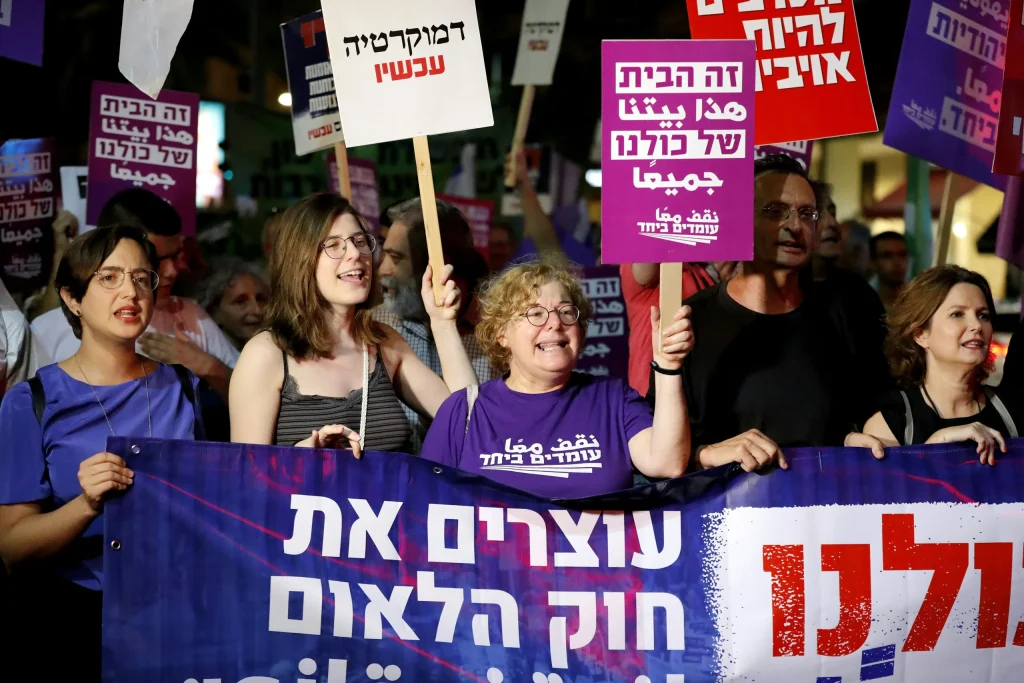
Israel legally defines itself as a Jewish and Democratic State. Here lies the principle tension in much of Israeli public discourse: Is there a contradiction between these two characteristics? If so, is Israel first and foremost a democracy or a theocracy?
According to a 2016 Pew Research Center study, around 74 percent of Israeli respondents believed that the two descriptors are not contradictory.
The Israel Democracy Institute explains a common rationale for this: Israel is democratic as it gives civil and equal rights to all of its citizens, and it is also Jewish because it has a Jewish ethnic majority and was founded on the principles of Zionism and Jewish heritage. This is reflected in the right of any Jewish person to immigrate to Israel Hebrew being the country’s official language.
Yet, what happens if Arab Israelis become the ethnic majority? Right-wing political discourse employs fear of this “demographic time bomb” to promote extreme Zionism, where Israel completely invades and annexes the remaining Palestinian territory.
This narrative is a key impediment to an equal one-state solution, where Israelis and Palestinians would cohabit in a singular democratic state. If that were to happen, Palestinians and Arab Israelis would have the majority of the vote.
Therefore, to annex the remaining Palestinian territory and sustain Zionism’s goal of creating a Jewish state, extreme Zionists argue for an unequal one-state solution, where Palestinians would be expelled or subjugated as second-class citizens.
Nevertheless, around 62 percent of Israelis claim they would prioritize Israel’s democracy over its Jewish character.
In 2018, Netanyahu’s government passed the controversial “nation-state” law. The law was a step in the “Jewish” direction. Arabic was downgraded from an official language to a “special status” language, the “Jewish settlement” was cemented as a “national value” that the state must “encourage,” while the right to self-determination was defined as “unique to the Jewish people”. Many Arab-Israelis felt the law relegated them to second-class citizens.
Israel’s System of Government
Israel follows a parliamentary system of government where a Prime Minister is the chief executive decision-maker. There is also a President, but their role is largely ceremonial.
The electoral system is proportional representation, meaning the percentage of votes each party receives translates into a number of seats they get in parliament, called the Knesset. No party has ever had the majority of the vote, hence they must form coalition governments where two parties rule jointly.
Consequently, larger parties rely on forming coalitions with smaller parties to obtain a majority of the vote. These smaller parties tend to be more extremist. Netanyahu’s current coalition includes two far-right ultra-orthodox Jewish parties, both of which champion formal annexation of the West Bank and enhancing Israel’s “Jewish character”.
Political Parties: Jewish Israel
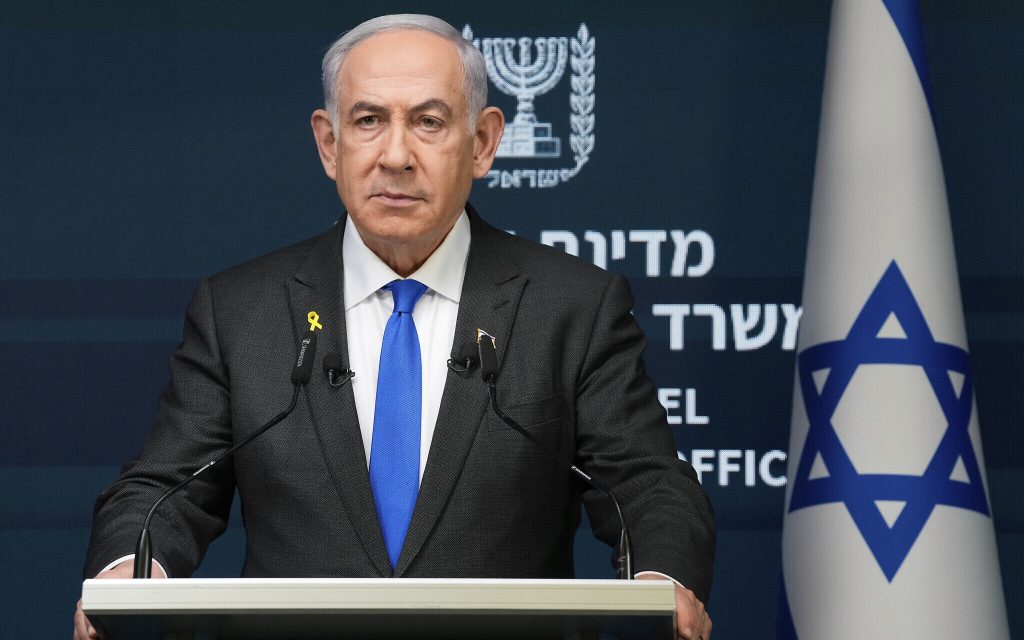
In regards to Palestine, the left-right political spectrum can be roughly modeled as a scale from Liberal Zionism to Extreme Zionism. Anti-Zionists also exist in Israel, although they are rare. Leftists classically espouse a two-state solution, where sovereign Israeli and Palestinian states coexist. These Leftists are typically referred to as “Liberal Zionists” as they follow a more reconciliatory approach to Palestine. The key Liberal Zionist party, currently is the centrist Yesh Attid.
The typical leftist parties, Labor and Meretz, only have a combined four seats in parliament currently out of 120, a sign of the common sentiment in Israel that the country is shifting to the far-right.
Right-wingers interpret the existence of a Palestinian state as an existential threat to Israeli security, particularly as they believe that Hamas will always occupy territory in Palestine if Israel does not. Hence, they argue for the continued occupation of Palestinian territories and West Bank settlements.
A common example used by right-wing parties is Israel’s 2005 disengagement from Gaza, when Israeli troops withdrew and settlements were reclaimed by Palestinians.
The right-wing sentiment is aptly summed up by Netanyahu’s statement claiming that the disengagement “ignores reality, and proceeds blindly towards turning the Gaza Strip into a base for Islamic terrorism which will threaten the state.”
Extreme Zionists promote Israeli settlements in Palestinian territories like the West Bank, and believe in all Palestinian land’s transfer to Israel.
Right-wing narratives are often imbued with fear. They refer to Judaism’s history of oppression, from the biblical story of Moses to the Holocaust, to justify their aggressive stance on Israeli security and against Palestinian sovereignty. This is a contributing factor to Netanyahu’s successful 17 years in power.
Since the war on Gaza, many Israelis no longer believe it is possible to reach a resolution with Palestinians and Hamas, believing that the Palestinian cause is bent on their destruction. The 7 October attack has largely united the Israeli public on prioritizing Israeli “public security” over hopes for cooperation , amplifying the rise of the Israeli right.
One Israeli commented, “We were just naive [before October 7]…This was [Hamas’] original plan, to try and kill us all.”
The Arab-Israeli Parties: Left-Behind
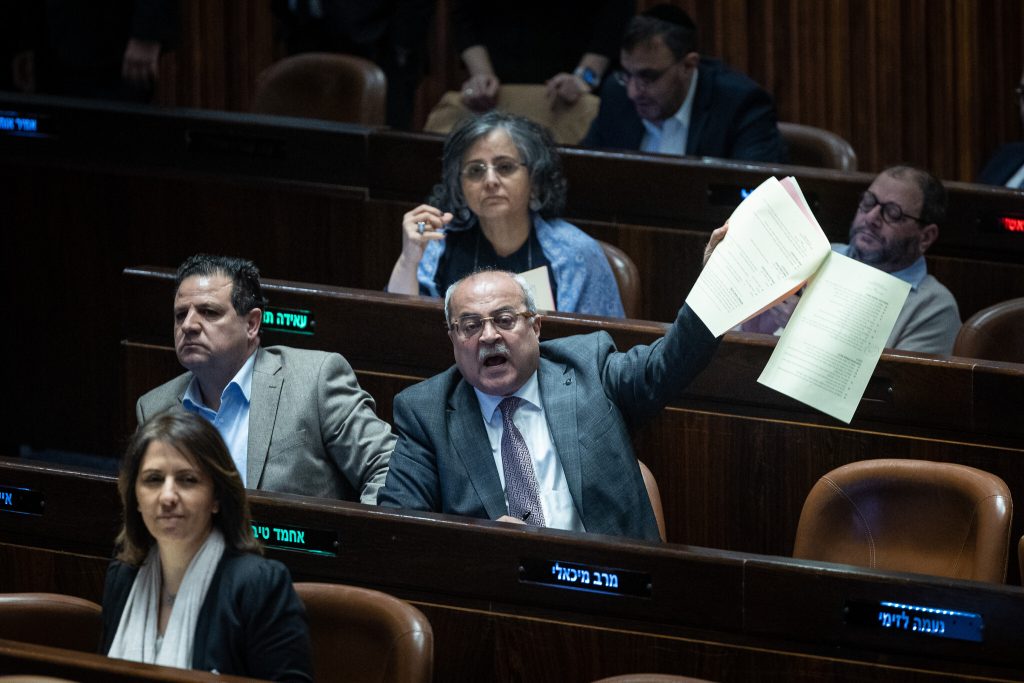
The Arab-Israeli parties are principally split between the communist Hadash, the nationalist Balad and the conservative Islamic Ra’am.
Balad, Ra’am and Hadash often form a joint party at elections called the “Joint Arab List” to unify their votes, although they sometimes run separately which results in less electoral success. Regarding the question of Palestine, all 3 parties follow a similar policy forum. They are against Jewish settlements in Palestinian land and advocate a two-state solution, where a Palestinian state will exist and exercise sovereignty alongside an Israeli state. They also argue for a return of Palestinian refugees who were displaced following the 1967 6-day war.
The parties’ differences tend to be more domestic. Hadash is more far-left economically than Balad. Ra’am is more socially conservative, and it emphasizes protecting non-Jewish religious practices within Israel. For example, increasing subsidies for holy Muslim, Christian and Druze sites.
Israeli parties have been historically unwilling to form coalitions with the Arab-Israeli parties as they are anti-Zionist, a cogent reference to the Jewish vs Democratic debate. The first and last governing coalition with an Arab-Israeli party was formed in 2021 with Ra’am, meaning Arab-Israeli parties have largely been excluded from decision-making positions. Indeed, Arab-Israeli politicians are often accused of supporting terrorism against the state of Israel. Balad politicians have faced motions from Jewish-Israeli politicians to disqualify them from elections due to comments made in support of Hezbollah’s resistance to an Israeli invasion of Lebanon in 2006.
Key Insights
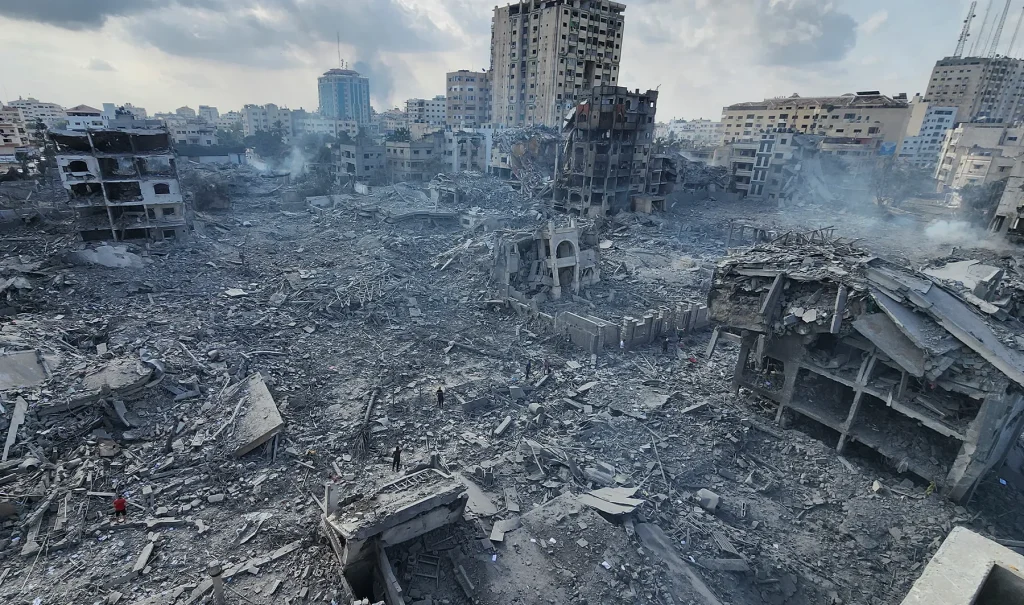
Theoretically, Israel is a democratic state which gives opportunity for minority voices to be heard, such as Arab-Israelis. Nonetheless, the Israeli state was founded on, and prioritizes, Zionism, and this inhibits Arab-Israelis or Palestinians from enacting meaningful impact or having their voices heard in Israeli politics.
Arab-Israelis’ loyalty to Israel is constantly questioned, as the state kills Palestinians in the name of security and warres with other Arab states, leaving Arab-Israelis distraught between their two conflicting identities. The perception of this tension amongst the Israeli public results in the systematic exclusion of Arab-Israelis, as “Israeli security” must be prioritized, despite how Arab-Israelis are a group which could be pivotal to creating lasting peace amongst Palestinians and Israelis due to their dual identity.
Whilst Arab-Israelis may legally be defined as equals in an Israeli democracy, the state of Israel is not “for” Arab-Israelis. It is for Jewish-Israelis, as stated in the constitution. Thus, Jewish-Israelis’ needs, and “Israeli security”, take precedence.
Leftist Jewish-Israeli parties may adopt a “Liberal Zionist” approach, however they find themselves in an Israeli political landscape wholly antagonistic to a two state solution due to the failure of prior attempts. Journalist Joshua Leifer argues that Liberal Zionism in this context simply contributes to far-right extreme Zionism.
The Israeli far-right has risen, and it dominates Israeli politics by providing a hard-line and forceful approach to “Israeli security”, a notion which can exclude and silence both Palestinians and Arab-Israelis.
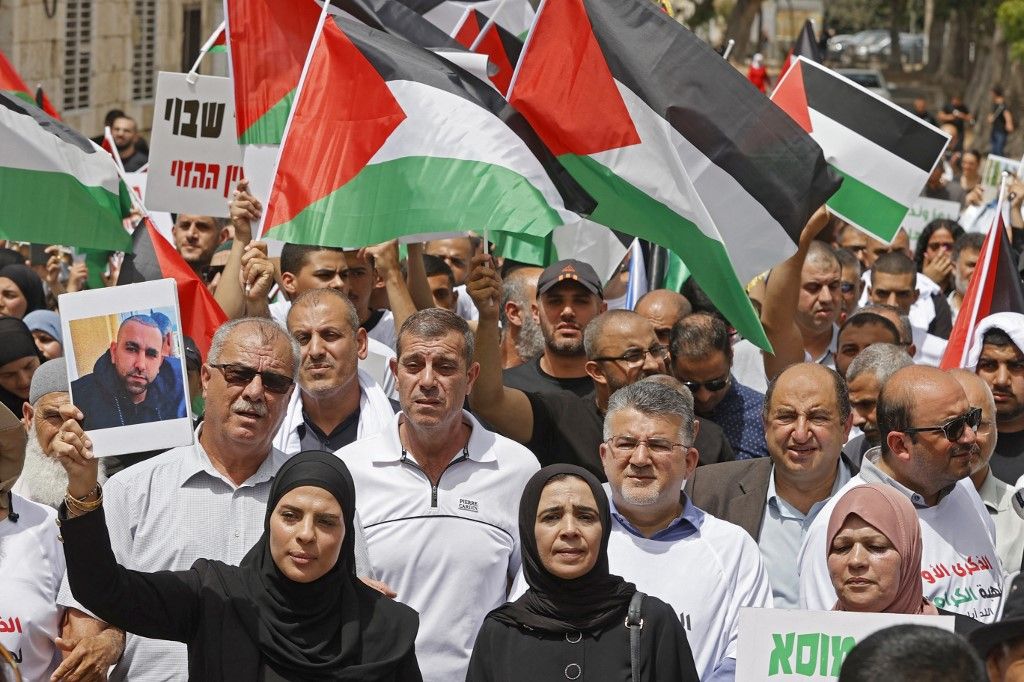



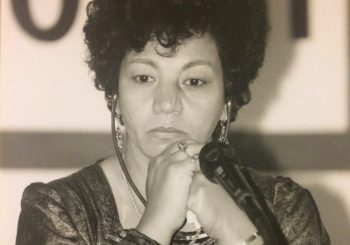
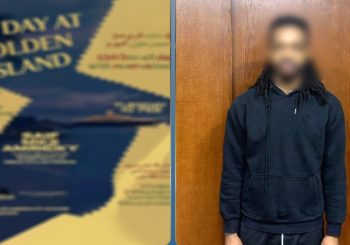
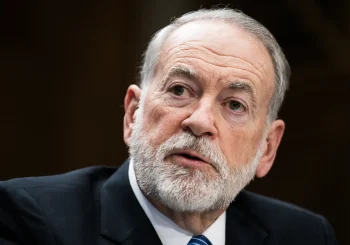
Comments (0)